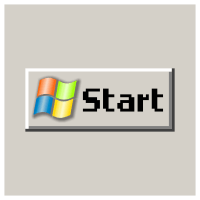FOSS Week in Review
Larry’s at SCALE 13x, covering the event for us while fulfilling his duties as the conference’s publicity chair, so he twisted my arm to again take care of the week’s news review. Well, he didn’t really twist my arm; he asked politely. And promised to give me some piece of conference swag he has no use for. Can’t wait to see what it is.
New Xfce due next week
Speaking of Larry, back in December he helped quash a rumor that the popular Xfce desktop had been abandoned. Now we have further evidence that he wasn’t just talking through his hat — as if there was ever any doubt.
Today the folks at Softpedia announced that Xfce 4.12 will be released by the end of February, or most likely on March 1st:
Christine Hall has been a journalist since 1971. In 2001, she began writing a weekly consumer computer column and started covering Linux and FOSS in 2002 after making the switch to GNU/Linux. Follow her on Twitter: @BrideOfLinux



 That was referring to the first flash sale, held Wednesday morning EU time, in which all devices being made available were sold out in “just a few hours,”
That was referring to the first flash sale, held Wednesday morning EU time, in which all devices being made available were sold out in “just a few hours,” 


 Yup, those were the days.
Yup, those were the days.






 On Friday, Steven J. Vaughan-Nichols posted a
On Friday, Steven J. Vaughan-Nichols posted a